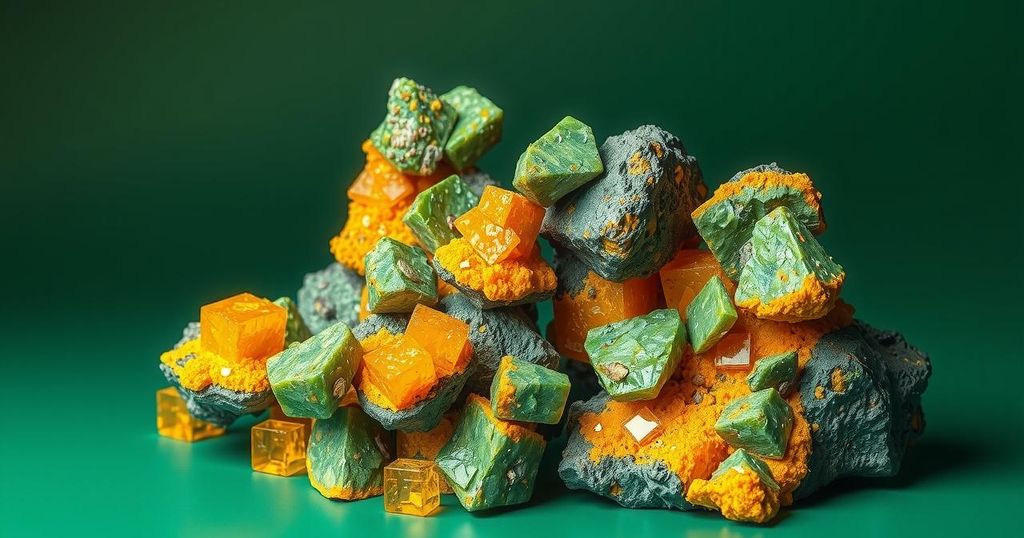Indústrias Nucleares do Brasil (INB) has signed a contract to export 275,000 kg of uranium to Russia for conversion and enrichment. This uranium will be reimported as UF6 for use in Brazil’s Angra nuclear plants by December 2027. Logistics and international shipping arrangements are being organized, while INB plans future contracts following the resumption of local uranium production.
Indústrias Nucleares do Brasil (INB) has entered into a contract with Internexco GmbH, a subsidiary of Russia’s state-owned Rosatom, to supply up to 275,000 kilograms of uranium concentrate (U3O8) from Caetité, Bahia. The uranium will be converted and enriched abroad, then returned to Brazil by December 2027 as enriched UF6 (4.25%) for use in fueling the Angra 1 and 2 nuclear power plants, managed by Eletronuclear.
According to INB President Adauto Seixas, logistics for this shipment is in progress. This includes overseeing domestic transportation in Brazil, arranging international maritime shipping from Salvador to Russia, and securing export licenses.
Mr. Seixas stated, “The INB plans to increase the frequency of these contracts through future international bidding processes, following the successful resumption of uranium production in Caetité.” The conversion process, which transforms “yellowcake” into uranium hexafluoride (UF6), is the only step in the nuclear fuel cycle not managed by INB.
In its gaseous form, uranium undergoes enrichment to enhance the concentration of fissionable isotopes. INB is in the process of creating its own enrichment facility at its nuclear fuel plant in Resende, Rio de Janeiro, which aims to eventually meet 70% of the annual enriched uranium demand for Angra 1.
The selection of this contract followed an international bidding process, choosing the proposal based on the best available global pricing while ensuring adherence to all necessary technical requirements. Recent regulatory and legislative shifts in Brazil concerning uranium extraction have piqued private sector interest, with entities like Rosatom and Galvani expressing intentions to explore Brazil’s untapped uranium resources.
Although Brazil possesses the eighth largest uranium reserves globally and the capability to enrich uranium for peaceful applications, it paradoxically imports a significant part of its uranium. Currently, Brazil meets only 40% of Angra 1’s fuel requirements through local mining, with the rest primarily sourced from imports, chiefly from Russia.
Currently, uranium extraction in Brazil is focused in Caetité, Bahia, although a new mining project in Santa Quitéria, Ceará, is underway and is in the public hearing phase as it seeks approval. This article has been translated from Valor Econômico with AI support, overseen by the Valor International editorial team to ensure fidelity to original content and editorial standards.
In summary, INB’s contract with Internexco GmbH marks a significant step in Brazil’s nuclear fuel supply efforts, involving the export and reimport of uranium for domestic power plants. The logistical framework for this contract is being established to streamline transportation and compliance. Despite Brazil’s significant uranium reserves and technical expertise in enrichment, reliance on imports continues, urging further exploration and development of local uranium resources.
Original Source: valorinternational.globo.com




